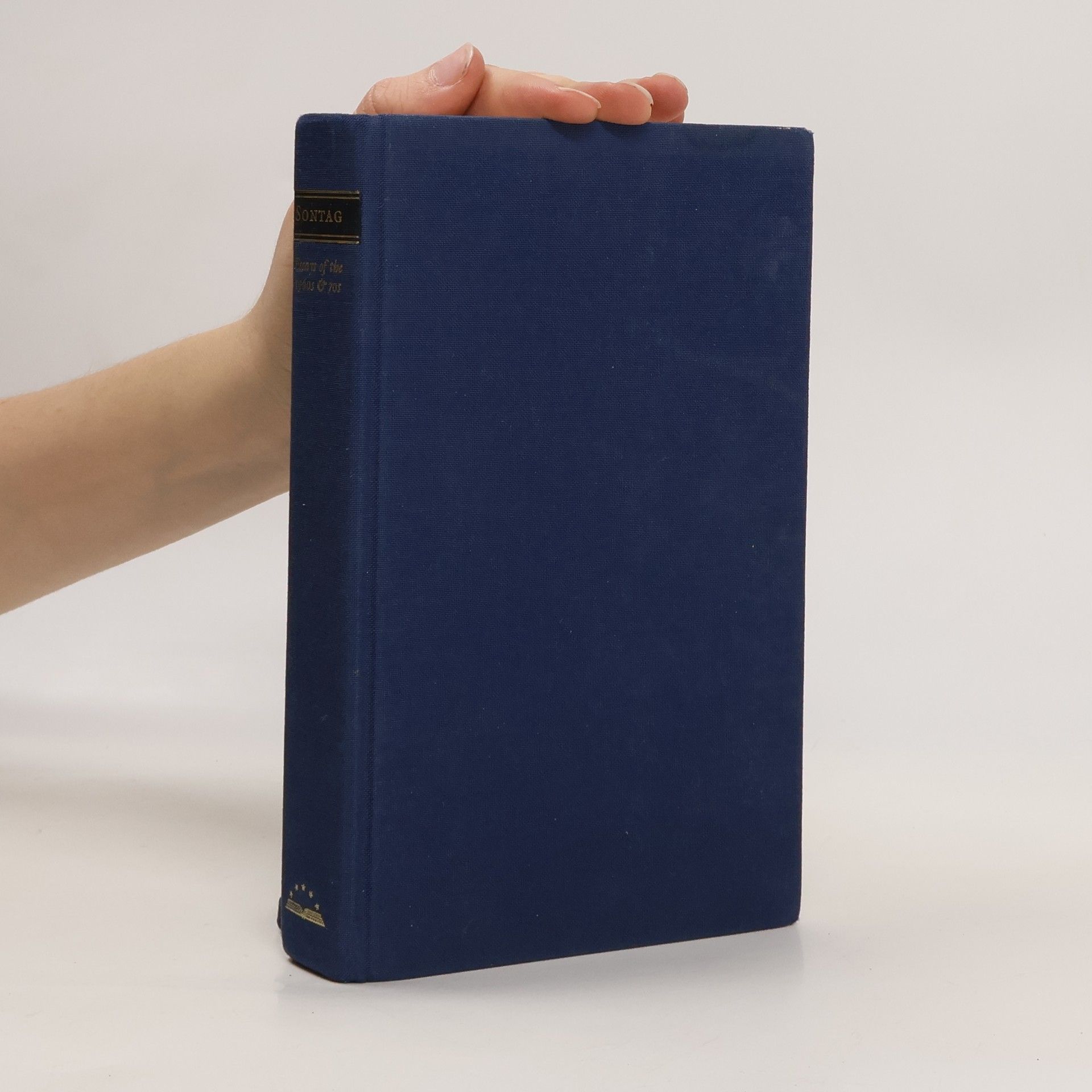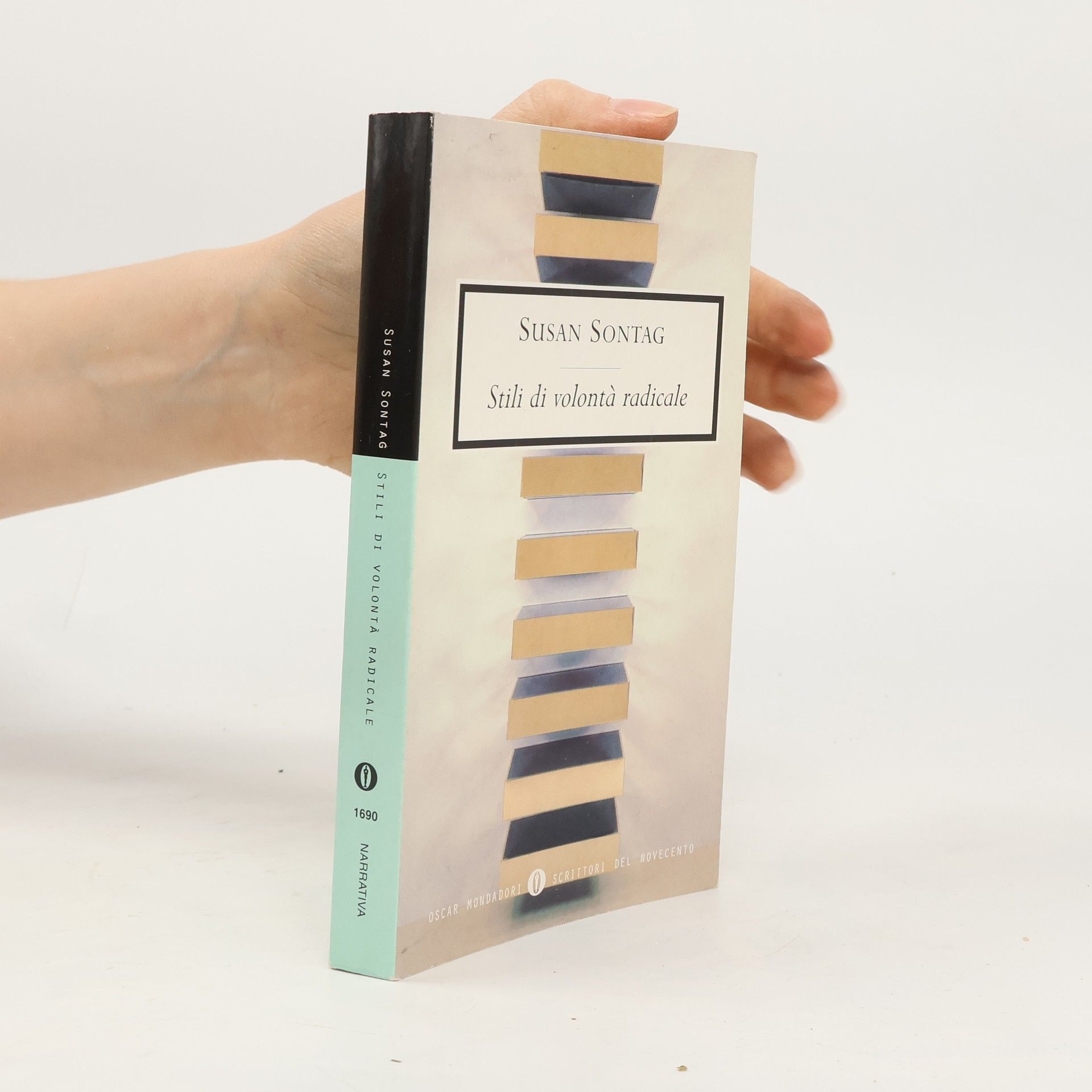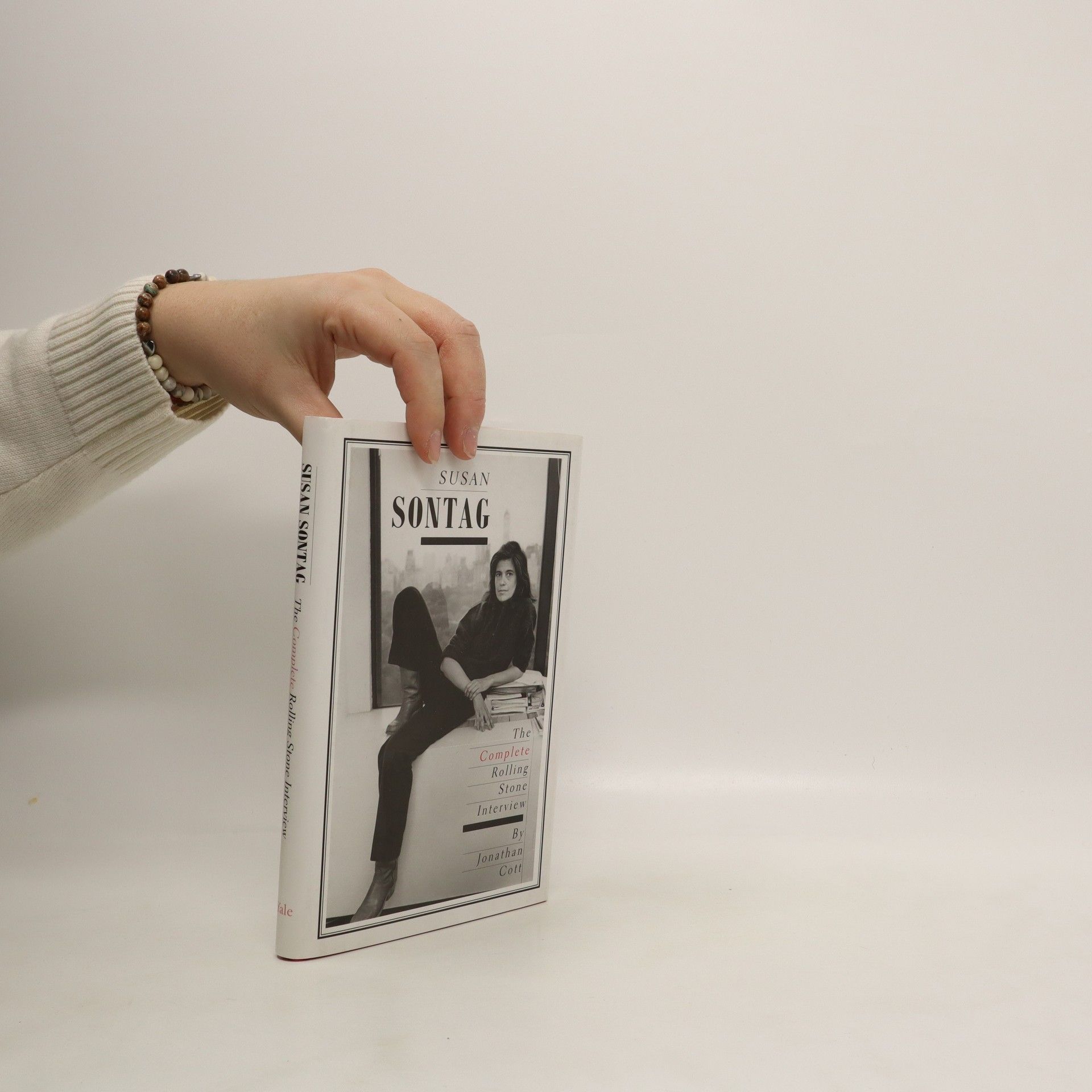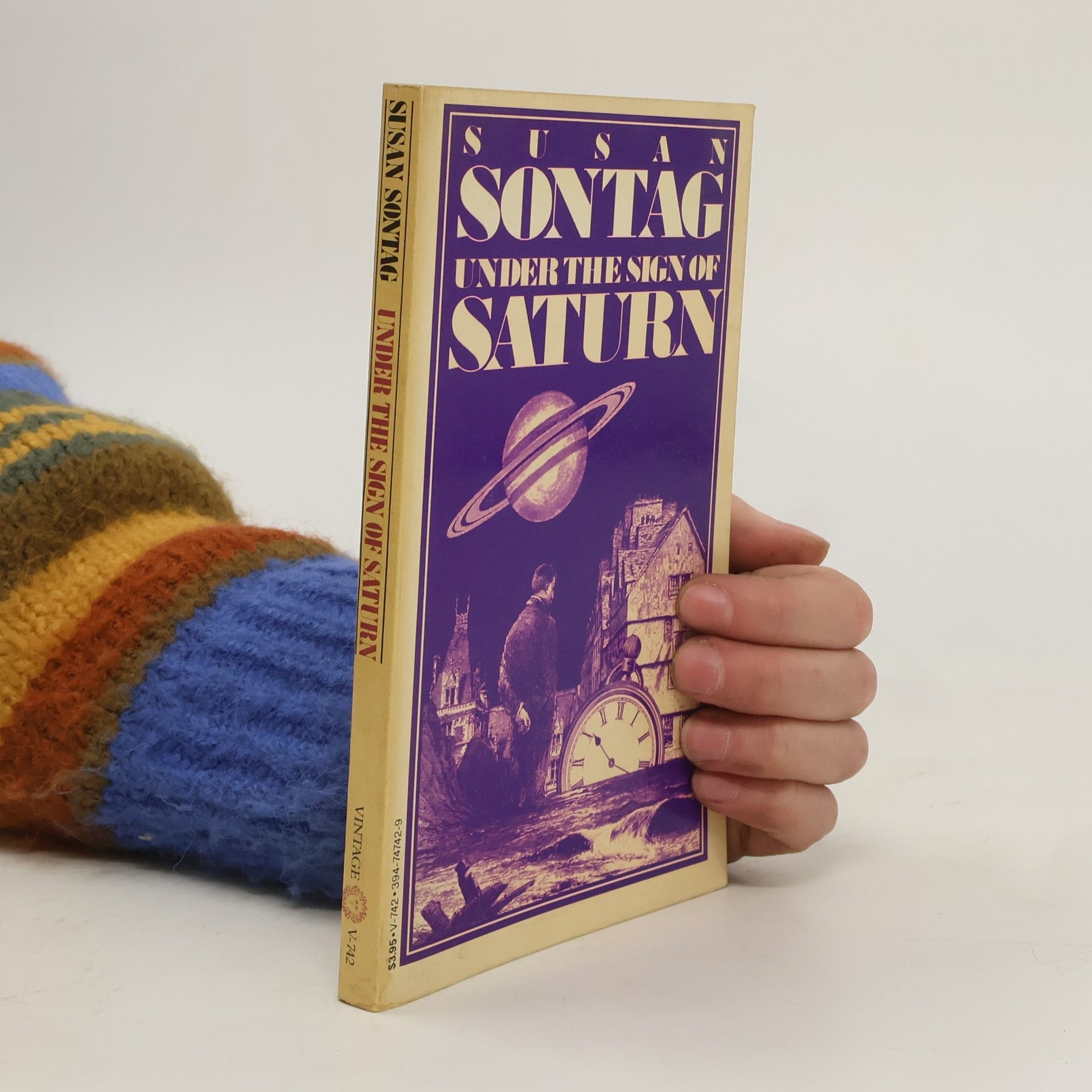Scrittori del Novecento: Stili di volontà radicale
- 368pagine
- 13 ore di lettura
Può il silenzio parlare con nuovi accenti all'immaginazione dell'uomo contemporaneo? La pornografia ha diritto di cittadinanza nel mondo dell'arte? In che misura è corretto supporre un rapporto di mutua dipendenza fra cinema e teatro? Sono alcune delle questioni che Sontag, scrittrice e saggista tra le più provocatorie e appassionate dell'ultimo cinquantennio (Il benefattore, L'amante del vulcano, Contro l'interpretazione), affronta in questa raccolta di saggi, vera e propria sintesi del pensiero radical americano. Dal cinema rivoluzionario di Bergman e Godard agli scritti di Cioran, al dilemma morale e politico rappresentato dalla guerra del Vietnam, Sontag con Stili di volontà radicale offre così al lettore testimonianza partecipe di una brillante, forse irripetibile generazione di intellettuali "troppo arrabbiati con l'America per riuscire ad amarla ancora".










